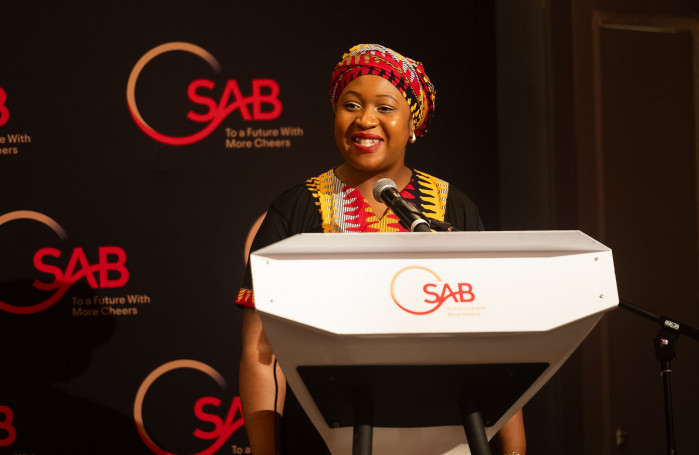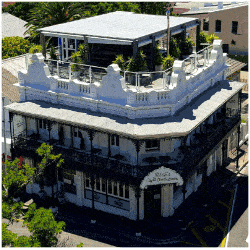News
A Collection Of Restaurant, Food, Drink And Hospitality News From All Over South Africa
Beer duties have been unpredictable & consistently exceeded inflation”, says Oxford Economics Africa
17 September 2024
A new report by Oxford Economics Africa titled “Double the Pain: The burden of unpredictable excise taxes and high inflation on beer in South Africa”, has found that above-inflation adjustments to excise duties, that are not in line with current excise policy have pushed beer tax burdens above excise policy targets.
The current government excise tax target is 23%. However, the actual excise tax burden is 25%. This means that for every beer bought, 25% of the final price is excise taxes paid into the fiscus.
In a tough, low-growth macroeconomic environment, both consumers and producers must navigate “Double the Pain.” Like many other businesses in South Africa, SAB has been navigating a tough trading environment over the last year, which has been underscored by high inflation, high interest rates, and above-inflation increases in electricity and water supply.
The report was presented during the Beer Tax Indaba, which examined the burden of unpredictable excise taxes in a historically high inflation environment in South Africa. The report also found that the government disproportionately relies on the beer industry for excise revenues, representing 34.7% of total excise revenues in 2023/24–making beer the largest of all excisable products.
Commenting on the report's findings, Richard Rivett-Carnac, CEO of SAB, noted that “We need, as an industry, strong policy certainty around excise tax. We understand that the government is under pressure from a budgetary perspective. For ten years we have seen inflated excise tax increases when compared with inflation. That is contrary to the policy and really impacts the industry - an industry that is very important for the country, job creation and economic growth. At the end of the day, this has a negative impact on an industry that is inherently local and inclusive, supporting nearly 250,000 livelihoods.”
The report also compared South Africa’s approach to excise duties on beer to regimes in Australia, Canada, Mauritius, Tanzania and the United Kingdom. The exercise showed that the benchmark countries have kept their excise duties on beer in line with or below inflation, while beer duties in South Africa have been unpredictable & consistently exceeded inflation. To this Mr. Deon Fourie, Lead Economist at Oxford Economics Africa, argued that: “Reliable & predictable changes in duties, avert real duty erosion, create policy certainty, promote trust, aid consumer and firm budgeting and minimise market disruptions. One way to achieve such is to allow for an automated CPI-indexed mechanism on the excise duty”.
Speaking after a Q&A discussion, Keith Engel, CEO of the SA Institute of Taxation (SAIT), highlighted that “tax authorities need to find a delicate balance between generating revenue through beer excise taxes and mitigating economic impacts on the brewing industry. The unpredictability of excise tax increases threatens the principle of fair taxation. A more predictable, perhaps even multi-year excise tax plan could foster greater tax certainty, providing the beer industry with the stability in the tax environment that it needs to business plan confidently.”
Lastly, the Oxford Economics Africa report highlights that the Government should strive to limit deviations from the excise burden target going forward, as per the National Treasury’s guidelines.
Secondly, the government should automatically index excise duties on beer to actual CPI outcomes as opposed to projected inflation or anticipated retail prices for beer.
The result will be a more stable tax environment that allows the beer sector to grow responsibly and to continue to support the South African economy and jobs.










